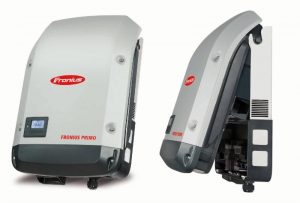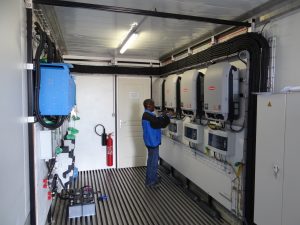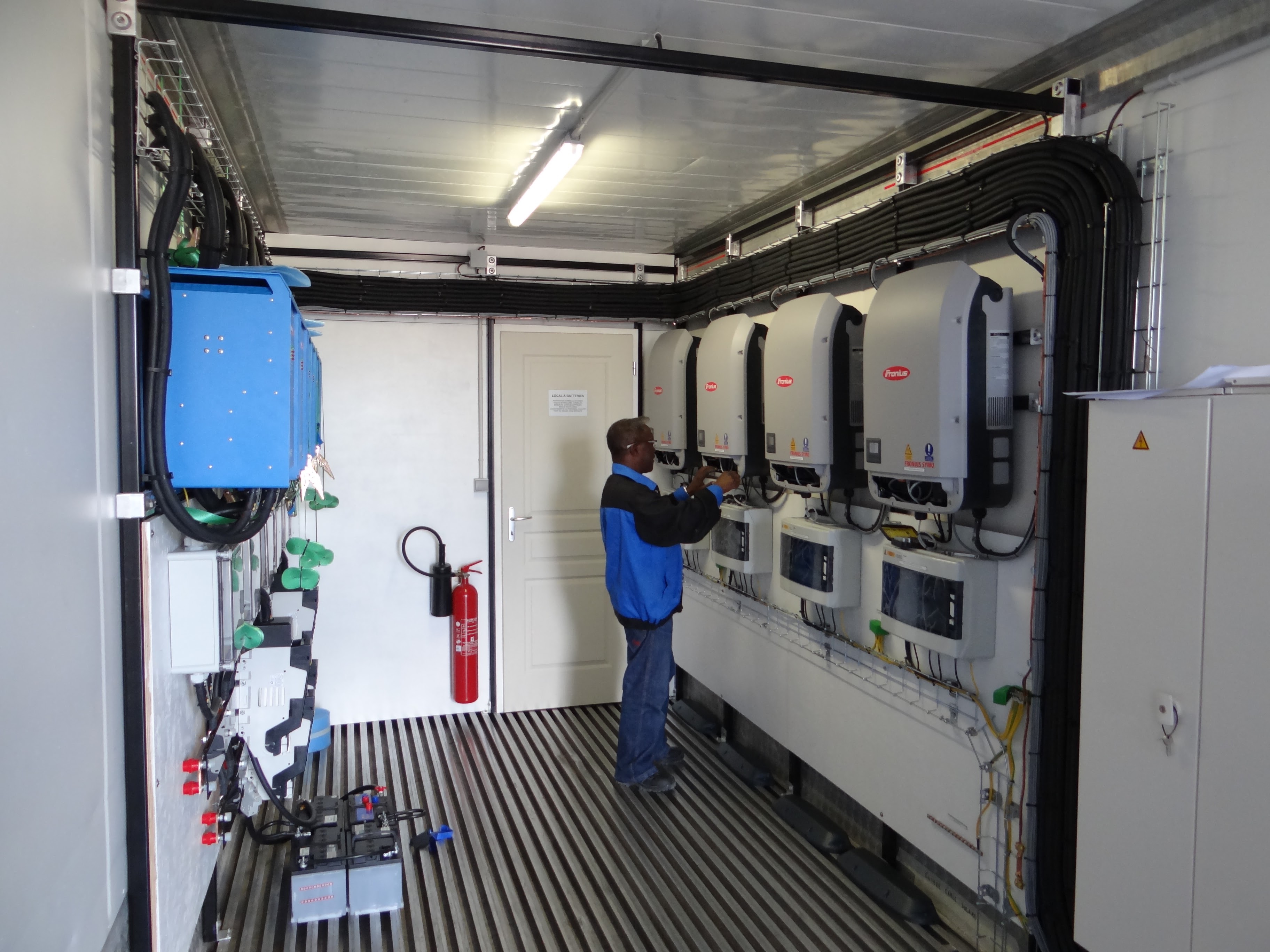
The fronius range of inverters are very suitable for grid-tie solar power systems and are currently being deployed all over the country by Nocheski solar
Ghana:Organizations to shift to solar net metering system
Mr Kwabena Otu Danquah, the Head of Renewable Energy Promotion of the Energy Commission, has advised organisations to shift to the solar net metering system to save them from getting into the higher consumption rate bracket.
He said net metering was a mechanism that fed the national grid with surplus solar energy from households while assisting them to save cost and urged consumers to take advantage of it.
Mr Danquah was speaking at a two-day solar industry workshop in Accra organised by the Netherlands Development Organisation (SNV) and the Association of Ghana Solar Industries (AGSI) on current initiatives and opportunities in Ghana’s energy sector.
He said the Energy Commission, in collaboration with the Electricity Company of Ghana, had installed 35 net metering systems in various homes in Accra on a pilot basis.
“We are waiting for the Public Utilities Regulatory Commission (PURC) for the gazette to ensure that the new solar metering system fully takes off in Ghana,” he said.
Mr Danquah said the Energy Commission had created the enabling environment to ensure the attainment of enough renewable energy targets by 2020.

grid-tie solar power system with battery bank using victron and fronius systems
He said by the provision of the Renewable Energy Act 2011, 832, the Energy Commission, in collaboration with the Ghana Standards Authority, would enforce the law on the importation of renewable energy products that would meet good standards and certification.
He said: “The solar technology we know are perfect but the installation is the problem, hence the need for the Energy Commission to license all electricians and develop a training curriculum to train technicians to ensure good certification of solar.”
Mr Emmanuel Aziebor from the Netherland Development Organisation, a resource person, urged stakeholders in the solar industry to come out with substantive business models to convince the microfinance companies to invest in solar energy.
He advised the technical experts to support and sustain the technology whilst training more technicians on it.
Mr Aziebor said: “We need to have people prepared, trained and exposed to solar energy while looking at the local production of the products in future.”
Mr Eric Omane Acheampong, the President of AGSI, advised the members to develop activities on networking to enable them to assess their progress while sharing knowledge.
Mr James Robinson, the SNV Leader for Energy Sector, Ghana, gave the assurance that the SNV would continue to facilitate the activities of AGSI to sustain and promote solar energy in the country.
SOURCE:ENOCH DARFAH FRIMPONG/GRAPHIC ONLINE

